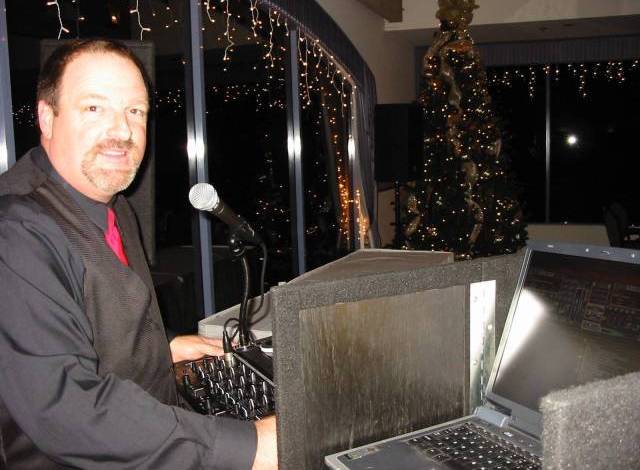






3853 Atlantic Ave.
|
Click here |
(June 28, 2004) -- In April, the Public Policy Institute of California, a moderate, respected think tank, issued a report entitled California’s Global Gateways: Trends and Issues. A temperate document, it asked questions and left answers to policymakers (i.e. people we ultimately elect). The report posed a question that some local boosters may consider heresy or try to dismiss out of hand. We say it is a fair question...and overdue. And it is being heard with increasing seriousness and frequency. Are the costs imposed on LB and CA by the Ports of LB and L.A. -- entities that the public owns and ultimately controls -- greater than the benefits received? In simple terms, are we chumps? The report goes out of its way to offer a measured inquiry. It acknowledges that the "contribution of traded goods to congestion and pollution problems of the Los Angeles area are significant; the horror stories of congestion on I-710, in particular, are well known throughout the Los Angeles region" and calls CA's role as an entry port for other states a "mixed bag." In three devastating paragraphs, it sinks a boatload of local mythology and boosterism: There are certainly positive elements of the role in the form of greater demand for services provided by Californians. This demand then results in more jobs and tax revenues for the state. At the same time, however, the flow of traded goods through the state imposes an uncompensated burden on the state’s residents. Although this discussion is relevant for many states, including inland states through which many traded goods flow, it is decidedly more important for California and other states possessing significant global gateways.In excess of 10 billion kilograms of exports and 20 billion kilograms of imports travel on a select number of California’s highways in excess of what California ships on the highways of other states. Although there are benefits and costs to providing these services, it is reasonably clear that there are uncompensated costs for the state. The total cost of moving goods through Southern California includes the cost of labor and other compensable services provided, in addition to the cost of pollution, congestion, and deterioration of the highways. The benefits, jobs, business profits, and tax revenue are derived from fees paid by shippers for services. The costs of providing this service, then, exceed the benefits received, as pollution, congestion, and highway wear and tear remain uncompensated. This imbalance between benefits and costs represents a subsidy from the state of California to producers and consumers in other states. This subsidy, when applied to exports, makes it less expensive for producers in other states to make their product available for sale in foreign markets, potentially disadvantaging California producers exporting to those same markets. When applied to imports, this subsidy reduces either the cost to individuals in their consumption of imports or the cost to producers of obtaining intermediate inputs for the production of some good. By artificially lowering the costs of production in other states relative to the costs for California producers, the subsidization of imports is even more likely to disadvantage California producers as it affects competition in domestic markets rather than abroad. Source: California's Global Gateways: Trends and Issues, Jon D. Haveman David Hummels, pp. 33-34; Copyright © 2004 by Public Policy Institute of California, All rights reserved. San Francisco, CA The report notes that federal highway funds could be used to offset a portion of this subsidy. It also notes that some form of user fee could be used to solve the problem. And as for security, despite the feds' ambitious "Container Security Initiative" in which CA's major ports (L.A., LB and Oakland) boast coverage of between 60%-70% by value of waterborne containerized imports, the report says: ...[T]he number of source ports covered by CSI is perhaps a more relevant number than the value covered, if only because it takes only a single container to wreak local physical and broader economic havoc...The numbers are especially low for California’s largest ports, for which less than 7 percent of all ports of origin are covered by the CSI...California’s largest ports continue to receive containers from many foreign ports that are not participating in the CSI. It remains an open question as to just how much security is being provided by the Container Security Initiative.Source: Id., pp. 71-72. As we have previously noted, LB area Congressman Dana Rohrabacher (R., HB-LB-PV) has introduced perfectly sensible legislation that would let Ports impose a fee to pay for security, instead of forcing U.S. taxpayers to bear the cost. These are overdue, reasonable measures. We are chumps if we let local officials make excuses for not supporting and implementing them. While the Port of LB issues feasibility studies and sends emissaries to the Council bearing PowerPoint presentations on its incremental "Healthy Harbor" initiative, the Port of Los Angeles already has its first ship "cold ironing," running its engines at berth on electric power instead of filthy, polluting bunker fuel. We are chumps if we put up with this. We are chumps if we let others use a Port that we own to hurt us, put our families at risk...and then expect us to pay for it. There are more of us than there are of them. Contact us: mail@LBReport.com |